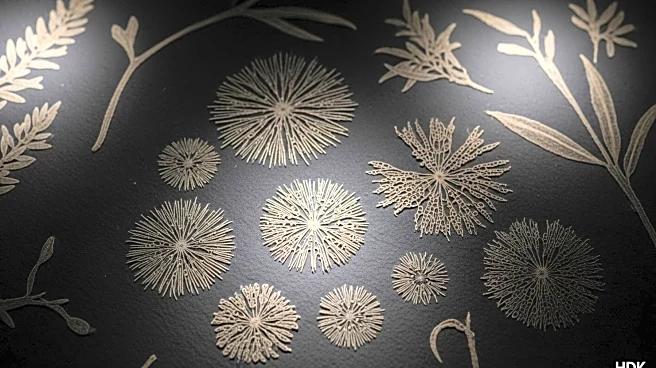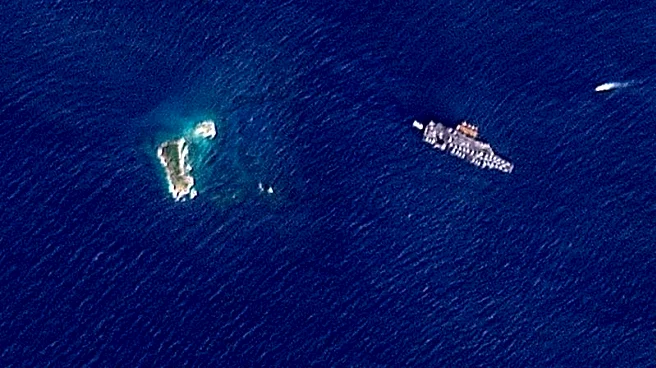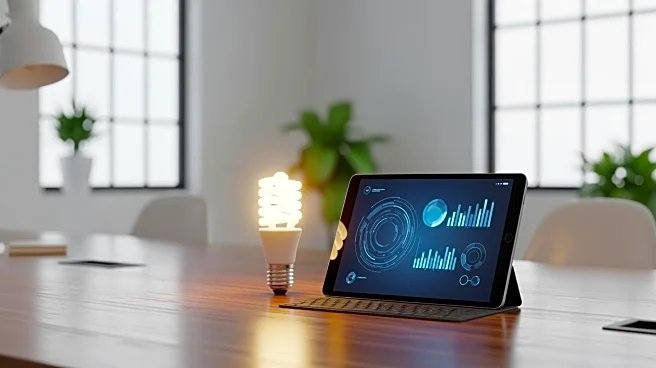What's Happening?
Scientists in Brazil have redefined a fossil plant, originally described decades ago, by discovering rare spores preserved in situ. The plant, now named Franscinella riograndensis, was found in the Permian strata of the Paraná Basin. This discovery resolves a long-standing scientific challenge and provides new insights into the taxonomy and evolution of lycopodids. The research involved advanced microscopy techniques and interdisciplinary collaboration, revealing detailed anatomical and palynological data that justified the taxonomic redefinition.
Why It's Important?
The discovery of in situ spores in a fossil older than dinosaurs offers significant contributions to paleobotany, enhancing understanding of plant evolution and Permian ecosystems. It highlights the importance of revisiting known fossils with modern technology, potentially leading to groundbreaking discoveries. This research may influence biostratigraphy studies, aiding in the dating and correlation of rock layers, and contribute to global scientific knowledge on the diversity and distribution of ancient plant groups.











